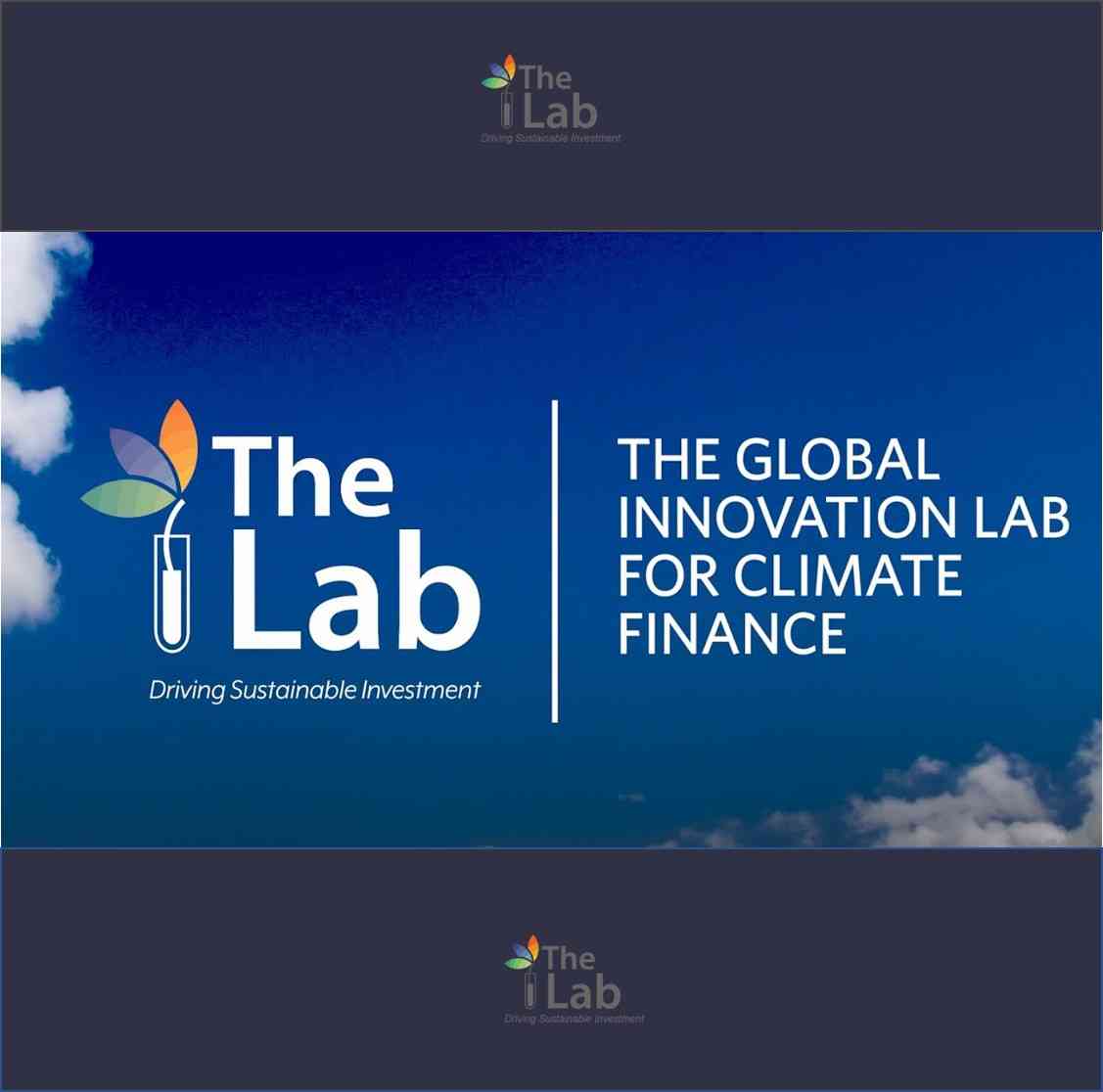The Global Innovation Lab for Climate Finance
Investment is critical to tackle the key global challenges of climate change and sustainable development. Climate investment is increasing but falls short of global needs. The Lab commits to identify, develop, and launch innovative finance instruments that foster private investment on resilience.
Description
Sustainable investment is critical to tackle the key global challenges of the 21st century such as meeting the Paris Agreement goals and ramping up ambition in emissions reductions and meeting the Sustainable Development Goals. While climate investment is increasing, it still falls short of global needs. The Lab is committed to identifying, developing, and launching innovative finance instruments that can drive billions in private investment to action on climate change and sustainable development.
For this purpose, the Lab has already launched 41 concrete instruments, affiliated more than 60 public and private institutions as members, and gathered more than 300 supporting experts, nearly half from low-and-middle income countries. The 41 instruments allowed Lab member institutions to invest USD370 million which catalyzed USD1.7 billion in additional investment, mobilizing in total more than USD2.07 billion for climate action in low-and-middle income countries. In other words, the Lab instruments have mobilized 200x what funders have invested in the Lab Secretariat.
The solutions launched by the Lab harness global and regional synergies (for example, Global, India, Brazil, and Sothern Africa) and tackle investment barriers in the most critical sectors and regions for action on climate change. More than 90% of measured private finance has come from institutional investors and commercial banks. A small amount has also come from private equity investors.
The Lab has been formally endorsed by the governments of the G7, India & Brazil. In 2017, the Lab was included in the Center for High Impact Philanthropy’s “Top 11 Best Bets” out of nearly 2,000 submissions to the Macarthur Foundation’s 100&Change competition.
Did the Sendai Framework change or contribute to changes in your activities/organization? If so, how?
The Sendai Framework for Disaster Risk Reduction 2015-2030 proposed a shift from managing disasters to managing risks. This creates an opportunity for the financial sector to make use of their expertise and develop innovative mechanisms adequate to reduce disaster risk and build resilient societies. Furthermore, the Sendai Framework’s provides support for initiatives that “allocate the necessary resources, including finance and logistics, as appropriate, at all levels of administration for the development and the implementation of disaster risk reduction” in all relevant sectors, in particular low-and-middle income countries.
What led you to make this commitment/initiative?
What was your position before making this Voluntary Commitment / prior to the Sendai Framework?
One motivation of the Lab is harnessing the potential of public-private collaborations to build capacity and knowledge to identify and deploy effective climate finance solutions.
Another motivation is to create innovative, actionable, catalytic, and financially sustainable solutions that reduce risks and barriers to investment in sustainable development.
Lastly, the Lab is motivated by mobilizing finance from Lab Members and the broader network to enable the piloting and implementation of transformative solutions.
Deliverables and Progress report
Deliverables
Deliverables are the end-products of the initiative/commitment, which can include issuance of publications or knowledge products, outcomes of workshops, training programs, videos, links, photographs, etc.
The Lab features initiatives that design transformative green finance instruments from hundreds of submissions via an open call for ideas.
At the beginning of each Lab cycle, Lab Members vote on the top several shortlisted ideas to move into development, benefiting from guidance from Lab Members and expert working groups, as well as from in-depth analysis provided by the Lab Secretariat.
Depending on their development, at the end of each cycle, several instruments are endorsed by the Lab for launch and piloting.
The Lab’s Virtual Demo Day 2020 presented this year’s class of 8 climate finance instruments to an audience of more than 300 funders, investors, implementation partners and other climate finance enthusiasts.
The Global Innovation Lab for Climate Finance has selected eight innovative sustainable investment ideas to take forward for development in 2020. Lab Members chose the eight new ideas out of a highly competitive shortlist of 16 finalists, narrowed from more than 200 initial proposals submitted by leading development finance institutions, global NGOs, prominent project developers, asset managers and financial services firms, and entrepreneurs.
Since 2014, the Lab has launched 49 innovative solutions to drive investment to action on climate change and sustainable development. Our annual impact report highlights the progress and key milestones achieved so far.
The Lab develops climate adaptation and mitigation projects that are scalable, catalytic and are primed to make measurable impact in resilience, sustainability, carbon emission reductions and economic growth.
Knowing that investors need to make every dollar count in these urgent times, we have compiled a list of Lab-endorsed instruments and projects that are “shovel ready.”
While the full suite of Lab instruments support this aim, these shovel ready projects are primed to leverage funds into immediate action on the ground for driving resilient growth in developing countries.
Organizations and focal points
Implementing Organization(s)
Focal points
Partners
